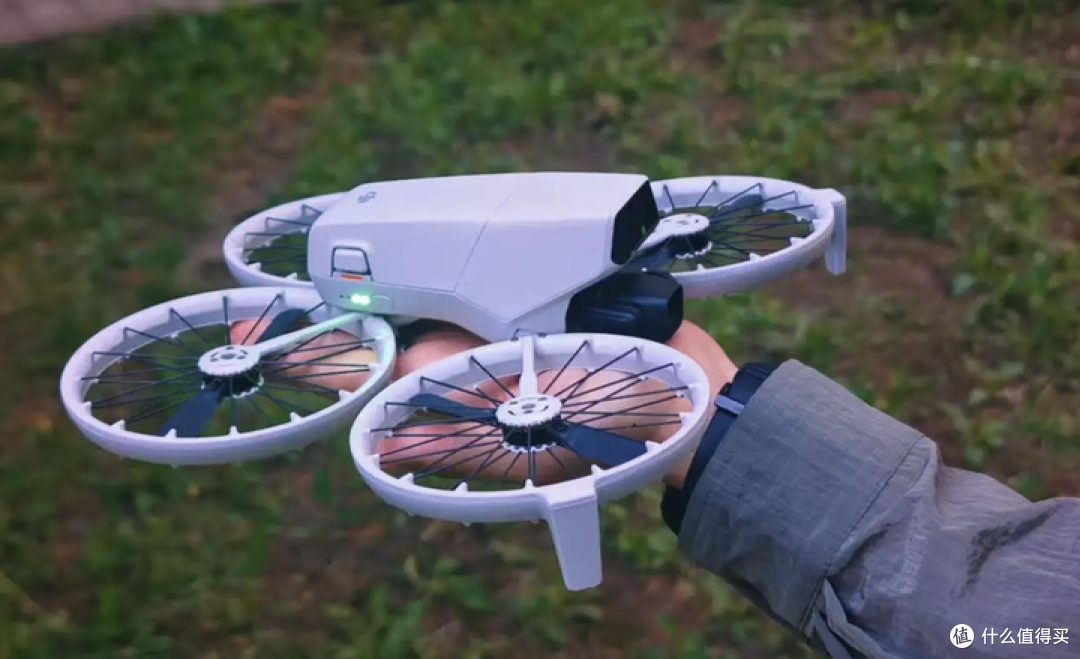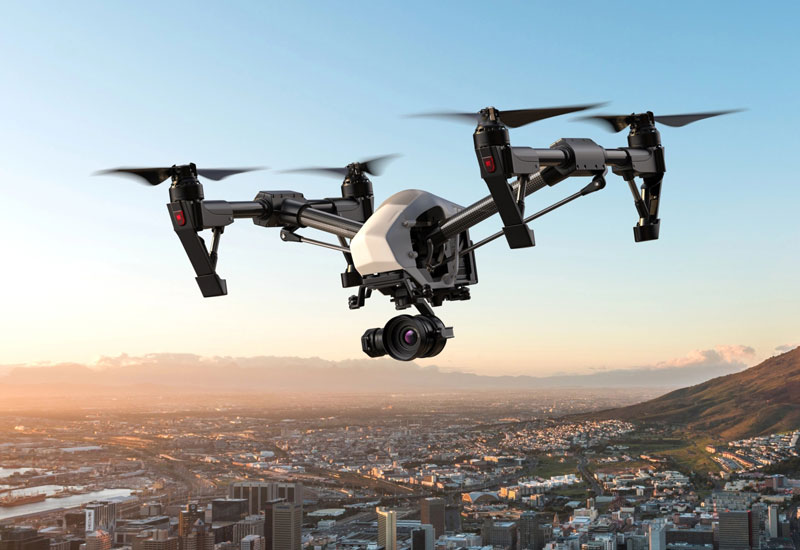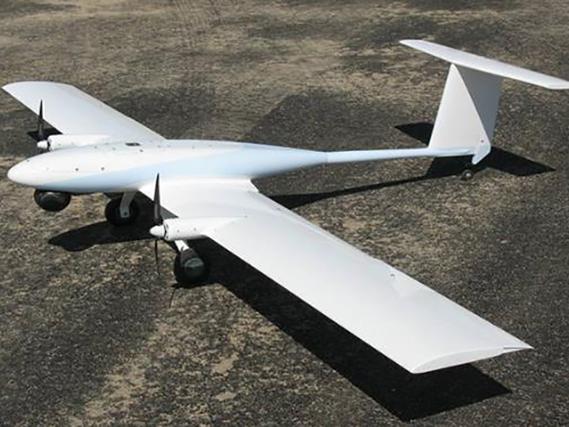Traveling with a drone has become increasingly common, especially among avid photographers and tech enthusiasts. However, if you’re wondering whether you can take a drone on a plane , several factors need consideration, from airline policies to country-specific regulations. Here’s a comprehensive guide to help you navigate the complexities of flying with your drone.
, several factors need consideration, from airline policies to country-specific regulations. Here’s a comprehensive guide to help you navigate the complexities of flying with your drone.
Can You Bring a Drone on a Plane?
The short answer is yes, but with specific conditions. Most airlines allow drones as carry-on baggage or checked luggage. However, it is crucial to consult your airline’s policy regarding drones before traveling. You may need to pack your drone in a certain way or adhere to size and weight restrictions.
Drone Battery Regulations
One of the critical aspects of taking a drone on a plane is handling the batteries. Airlines often have strict policies when it comes to lithium batteries, which power drones. Typical regulations require you to carry batteries in your carry-on luggage rather than checked bags, and they often come with limits on the watt-hours. Most drones have batteries under 100Wh, which are generally accepted onboard but verify with your airline to ensure compliance.
Preparing Your Drone for Air Travel
To prepare your drone for a flight, consider these steps:
- Remove the batteries and pack them separately in protective cases.
- Make sure your drone is clean and free from any dirt or debris.
- Pack your drone in a sturdy case to avoid damage.
- Use a compact carrying case to minimize space and adhere to carry-on regulations.

It’s also advisable to label your drone case clearly, indicating that it contains sensitive electronics. This can prevent mishandling during security checks.
Country Regulations
When flying internationally, it’s vital to understand the regulations of the country you are visiting. For instance, some countries have restrictions or even bans on drone usage. Research and contact the aviation authority of your destination to gain insight into their specific drone laws and requirements. Failure to comply could lead to fines or confiscation of your equipment.
Maximize Your Drone’s Potential During Travel
If you’re traveling to capture stunning aerial views or unique footage, plan your itinerary to include drone-friendly locations. Many popular destinations have areas designated for drone enthusiasts, allowing you to capture breathtaking shots while adhering to local laws. Prior research can enhance your travel experience and ensure you utilize your drone legally and effectively.
Other Considerations
Consider travel insurance that covers drones, especially if your equipment is valuable. Accidents can happen, and having insurance can mitigate costs associated with damage or theft during your travels.
Drone Care Tips

Once at your destination, always perform a routine check before each flight. Confirm battery charges, inspect propellers, and review weather conditions to ensure safe operation. Additionally, follow local guidelines regarding no-fly zones or restrictions in specific areas.
FAQs
- Can drones be packed in checked luggage?
- While most airlines allow drones as checked luggage, it is safer to carry them in your hand luggage to protect them from damage.
- Do I need permission to fly a drone abroad?
- The requirement for permission varies by country. It’s best to research and obtain necessary permits if required.
- Are there drones not allowed on planes?
- Yes, some larger or professional drones might have restrictions due to their battery size and security concerns.
